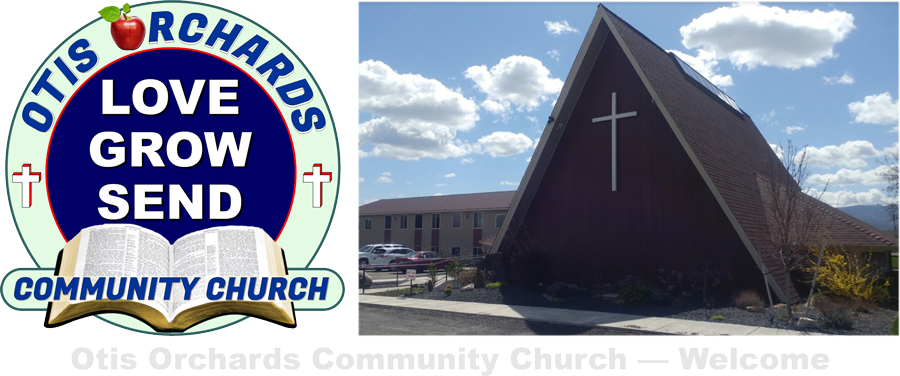
 |
|||||||
| RESOURCES — SHORT ARTICLES | |||||||
|
|
|||||||
 |
 |
 |
 |
 |
 |
| SHORT ARTICLES BY TOM ELSEROAD | |||||
| 2020-10-30 | Where Was Jesus Between His Death and Resurrection? (1Pe.3:18-20) | ||||
|
1Pe 3:18 For Christ also suffered once for
sins, the just for the unjust, that He might bring us to God, being put
to death in the flesh but made alive by the Spirit, 1Pe 3:19 by whom also He went and preached to the spirits in prison, 1Pe 3:20 who formerly were disobedient, when once the Divine longsuffering waited in the days of Noah, while the ark was being prepared, in which a few, that is, eight souls, were saved through water. Between the death of Jesus and His resurrection there was a period of three days (Mt.12:39-40). Notice in verse 18 there is a contrast between the “flesh” and the “spirit” of Jesus. The “spirit” of Jesus departed at His death (Mt.27:50). The body (“flesh”) of Jesus died and was in the tomb. However, the “spirit” of Jesus remained alive. In verse 19 we see that with His spirit He “preached” or 'heralded' a message. So sometime between The death of Jesus and His resurrection He proclaimed a special message to some imprisoned spirits. Where were these imprisoned spirits to whom Jesus spoke? Let's first clarify a couple popular but unbiblical notions. Jesus did not go to hell to suffer on our behalf. He did not continue His suffering by going to hell. His suffering ended when He said, "“It is finished” upon the cross (Jn.19:30). Hades is distinct from the Lake of fire (Re.20:14). The Lake of Fire is the permanent abode of judgment for the lost. Also Jesus was not giving anyone a second chance for salvation. After death we face judgment not a second chance (He.9:27). Act 2:31 he, foreseeing this, spoke concerning the resurrection of the Christ, that His soul was not left in Hades, nor did His flesh see corruption. The Greek word hades is not the same as hell. Hades is a temporary place where the dead await resurrection. We learned from the story of the rich man and Lazarus that Hades appeared to be divided into two compartments (Lk.16:19-31). One compartment was for the lost unbelievers, and the other was where Lazarus went called Abraham's bosom or Paradise. Again, where did Jesus go for three days? Jesus told the thief on the cross that he would be with Him in Paradise (Lk.23:43). At some time between His death and resurrection, Jesus also visited a place where He delivered a message to spirit beings. Because of Jude 6 the spirit beings were probably fallen angels. These spirits were likely imprisoned because they were somehow involved in a grievous sin before the flood of Noah's time (1Pe.3:20). Peter does not tell us what Jesus proclaimed to the imprisoned spirits. It could not have been a message of redemption because angels cannot be saved (He.2:16). 1Pe 3:22 who has gone into heaven and is at the right hand of God, angels and authorities and powers having been made subject to Him. Col 2:15 Having disarmed principalities and powers, He made a public spectacle of them, triumphing over them in it. The likely message Jesus proclaimed was declaring His victory over Satan and his hosts (1Pe.3:22; Cl.2:15). 2Pe 2:4 For if God did not spare the angels who sinned, but cast them down to hell and delivered them into chains of darkness, to be reserved for judgment. The word “hell” is the Greek word Tartarus. This is the only place the word is used in the NT. Tartarus is considered the deepest place in hell. It seems Jesus came to this place called Tartarus to herald the victory message to these imprisoned spirits. This is significant in that it is part of a much larger study called the angelic conflict. Pastor Tom Elseroad |
|||||
| An Independent and Evangelical Church |
 |
23304 E Wellesley
Ave. Otis Orchards, WA 99027 Church Office: 509.926.9552 tomelseroad@gmail.com |